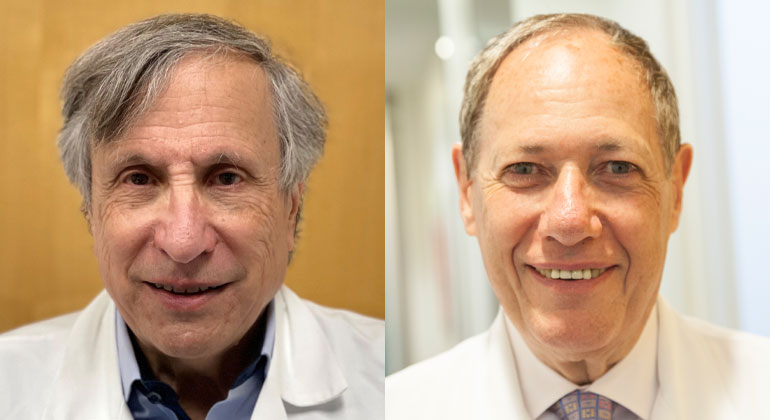"Scientists Are Seeking New Strategies To Fight Multiple Sclerosis" - Ashley Yeager
James Davis used to be an avid outdoorsman. Today, the 48 year old from Albuquerque barely gets out of bed. He has the most severe form of multiple sclerosis, known as primary progressive MS, a worsening disease that destroys the central nervous system. Davis hoped life might improve when he was chosen in 2012 to participate in a clinical trial of a drug called ocrelizumab. The drug offered a first sliver of hope for patients waiting for a cure, or at least something to slow down the disease’s staggering march. Ocrelizumab was heralded as a breakthrough, and in March, the US Food and Drug Administration approved it as a treatment for primary progressive and relapsing-remitting MS. “We finally have an approved therapy for primary progressive MS,” said Fred Lublin, MD, Saunders family professor of neurology at the Icahn School of Medicine at Mount Sinai and director of the Corinne Goldsmith Dickinson Center for Multiple Sclerosis at the Mount Sinai Hospital. The first drug to treat relapsing-remitting MS came on the market in 1993, Dr. Lublin notes. Now, nearly a quarter century later, there’s something that helps some people with the most aggressive form of the disease. With that hopeful note, though, comes frustration. Ocrevus isn’t a cure, and it offers no relief for 30 to 40 percent of patients with primary progressive MS. Davis was in that disappointed group.
- Fred Lublin, MD, FAAN, FANA, Saunders Family Professor of Neurology, Icahn School of Medicine at Mount Sinai, Director, Corinne Goldsmith Dickinson Center for Multiple Sclerosis at The Mount Sinai Hospital
Additional coverage

New Study Details The Various Ways Patients with Multiple Sclerosis Develop Impairment
Feb 22, 2022 View All Press Releases
Two Mount Sinai Experts Receive Honors From the National Multiple Sclerosis Society
Sep 16, 2021 View All Press Releases